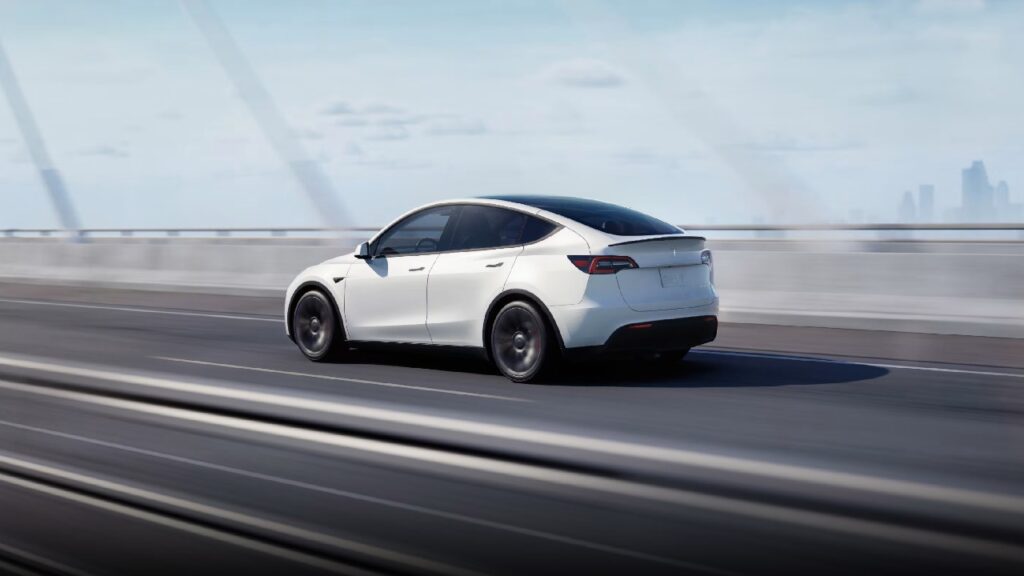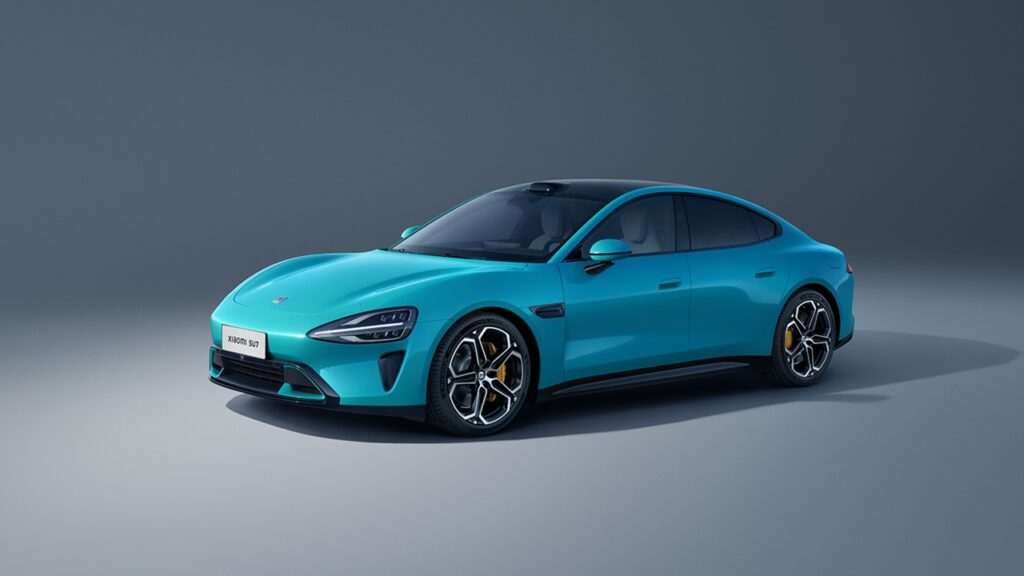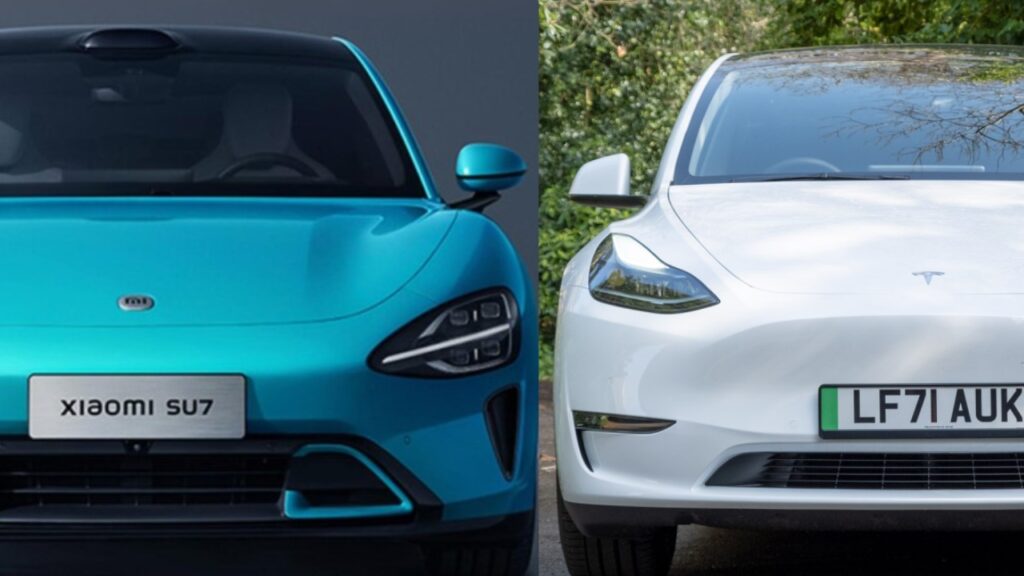The report also points to a resurgence in EV momentum in the coming 12-18 months.
The latest report from analysts at Morgan Stanley thinks that the EV demand should rise after the coming 12-18 months. It is clear that the growth of the global EV industry this year has been less than anticipated. I must mention that we are not talking about the overall sales numbers. They are higher than ever and that trend will continue. It’s just that the demand has not been as high as the industry experts and carmakers had predicted.

You might also like: 95.7% Of All New Cars Sold In Norway In August Were Electric
EV Demand To Rise After 2026
The report mentions that the current slowdown is due to, among other reasons, “economic uncertainties and geopolitical challenges”. The latter is evident as the West, specifically the U.S. and Europe, is hellbent on slapping the Chinese EVs with astronomical tariffs. This is their way of retaliating against the extraordinarily affordable products which kill the competition in the market.
As a result, Chinese EV markers have yet to enter the U.S. market. Interestingly, some of them have made it to parts of Europe. Still, a large portion of Europe remains bereft of Chinese EVs. This report even cites “global geopolitical tensions, China’s economic fragility, and AI tech-driven disruption” as some other reasons for the industry-wide slowdown. It states that the 2026 EV penetration forecast is down to 17% from the previously estimated 20%.
However, Morgan Stanley analysts predict that the EV growth will accelerate in 2027. Thereafter, the BEV penetration estimate is 32% by 2030. They clearly think that the second half of the decade will be much more conducive to the overall industry. Ironically, it focuses on the need for “strategic tie-ups” between global and Chinese automakers. They believe these tie-ups can bring down the development costs for global EVs by 30% which could even go to 40% in the next decade.
The report also states that, “[I]ncreasing collaboration among legacy OEMs and EV players, evidenced by VW-XPeng, Stellantis-Leap, and VW-Rivian, could help reignite interest in global EV adoption.” Therefore, it will be interesting to see how long the tariffs on Chinese EVs continue.

You might also like: VW Might Shut Down Plant In Germany Amidst Fierce Competition
Learn Electric Cars Says
Now this is a complicated matter which involves geopolitics. That already makes it extremely sensitive. Therefore, we can’t predict anything for sure. However, it is clear that the demand has been slow in the last few months. In fact, major legacy carmakers have already readjusted their plans regarding the complete electrification of their portfolios. Hence, it is clear that the situation is arduous. Also, collaboration could be key to dividing development costs until the economies of scale are reached. Let us keep an eye out for more developments in this case.

